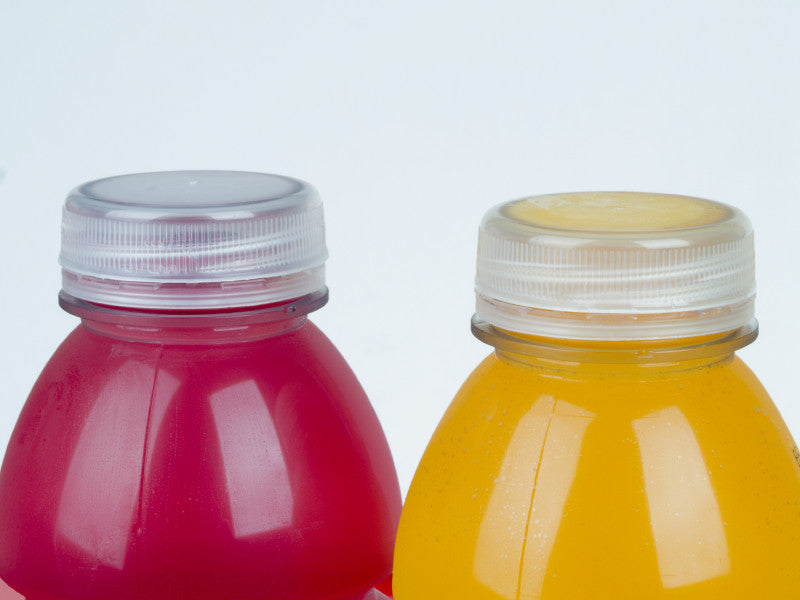Your Cart is Empty
FREE SHIPPING ON ORDERS OVER $20 - FREE HEALTHY SNACK WITH EVERY PURCHASE
Our site uses cookies. By using our site, you agree to our use of cookies. Privacy Policy
Menu
-
- Health Conditions
- Maximum Performance
- Accessories & Gear
- Altitude Training
- Athlete Overtraining Syndrome
- Core Strength
- Dangers of NSAIDS
- Detox / Cleanse
- Endurance Nutrition & Supplementation
- Energy Boosting
- Exercise & Immunity
- Flexibility
- Hydration
- Hypoglycemia / Bonking
- Hyponatremia
- Immunity Support
- Lab Testing
- Muscle Building
- Recovery
- Sports Drinks
- Package Bundles
- Adrenal Support
- Healthy Aging
- Athletic Performance
- Blood Sugar Balance
- Bone Support
- Daily Nutrition Essentials
- Daily Wellness
- Energy Support
- Fat Loss Support Bundle
- Female Fertility Bundle
- Female Hormone Balance
- Gut Health
- Heart Health
- Immunity Boosters
- Inflammation Control
- Injury Repair
- Joint Support
- Liver Support
- Menopause Support
- Men's Wellness
- Mood Lift
- Muscle Cramp Relief
- Muscle Builder
- Recovery
- Safe Travels
- Sleep Enhancers
- Stress Relief
- Thyroid Support
- Brands
- Blog
-
- Login

FREE SHIPPING ON ORDERS OVER $20 - FREE HEALTHY SNACK WITH EVERY PURCHASE
Our site uses cookies. By using our site, you agree to our use of cookies. Privacy Policy
Sports Drinks In the Gym
September 04, 2023 3 min read

So far this year, my workouts have been more focused on strength training and flexibility, and just a little bit of base training on my bike trainer in the basement. Because of this, I’ve been spending more time in the yoga studio (doing yoga of course) and also the strength/circuit classes they offer.
One thing I’ve noticed is the number of sports drinks people carry around during these classes. I can see the various neon and off-yellow colored drinks in people’s water bottles - and I can’t help but wonder how much sugar they contain! Commercial sports drinks are notorious for their sugar content, which is of course geared towards providing energy and electrolytes.
But here’s the thing, you don’t need the energy from the sugar, or the electrolytes for that matter in exercise sessions lasting under 1.5 hours.
This has been shown over and over in studies – when exercisers are given ‘fuel’ in the form of sports drinks and their performance is evaluated, there is no difference in those taking the sports drink or just plain water in events under an hour or a little more.
Sports Drinks Add Unnecessary Calories
I know, it’s been burned into our consciousness that we must absolutely have some kind of sports drink to get through our workouts – but really, you don’t. In fact, if you drink the average sports drink during the course of your workout, you’ve just consumed anywhere from 14 to 56 grams of sugar, depending on the amount you drink.
This just adds more unnecessary calories to the diet. And while this isn’t a huge amount of calories, the effect on your metabolism is where the real problem lies.
You see, when you exercise, your body draws on stored energy to fuel your performance. This stored energy comes from your last meal – even if was last night. Your body is made to do this – we can eat, and still have enough energy available -hours upon hours later - to exercise.
But when you add those calories from the sports drink during your workout, guess what? You’ve effectively shut down your body’s attempt to access that stored energy, and instead will use that immediate sugar being supplied.
Your body is smart - perhaps too smart – it will conserve energy every chance it gets. And by drinking sugary drinks during a workout, you’ve negated much of the calorie-burning effects of that exercise session.
Sure, your body still benefits from the exercise, but if you’re trying to lose fat, sports drinks are a really bad idea altogether. The sugar in the sports drink signals to your body “hey, we’ve got enough energy coming in right now, let’s use that and hold on to what we’ve got”.
And after you workout, while your metabolism is still humming from the exercise, it will stay in that storage, rather than calorie-burning mode - another missed opportunity to use up stored energy (fat) in your body.
In exercise under an hour and a half, water is plenty adequate for hydration. (Yes, you should have water available whenever you exercise). If you’re prone to heavy sweating, you can add an electrolyte mix to your water -we use this electrolyte formula with some water - it's loaded with electrolytes and keeps your muscles from getting tight. Electrolyte formulas have no to little calories and will only help your hydration, without harming the body’s fuel burning metabolism.
Give it a try. I’m sure you’ll find just water, or water flavored with electrolytes will get you through your gym workout just fine. You may also notice faster weight loss progression as well.
Here's a quick video about how sports drinks blunt recovery:
Leave a comment
Comments will be approved before showing up.
Free Athletic Stuff
-
Free Water Bottle With Purchase Of $100

Simply Add To Cart & Use Coupon Code: FREEBOTTLE
Free Visor With Purchase Of $150

Simply Add To Cart & Use Coupon Code: FREEVISOR
{"statementLink":"","footerHtml":"","hideMobile":false,"hideTrigger":false,"disableBgProcess":false,"language":"en","position":"left","leadColor":"#146ff8","triggerColor":"#146ff8","triggerRadius":"50%","triggerPositionX":"right","triggerPositionY":"bottom","triggerIcon":"wheels","triggerSize":"medium","triggerOffsetX":20,"triggerOffsetY":20,"mobile":{"triggerSize":"small","triggerPositionX":"right","triggerPositionY":"bottom","triggerOffsetX":10,"triggerOffsetY":10,"triggerRadius":"50%"}}
